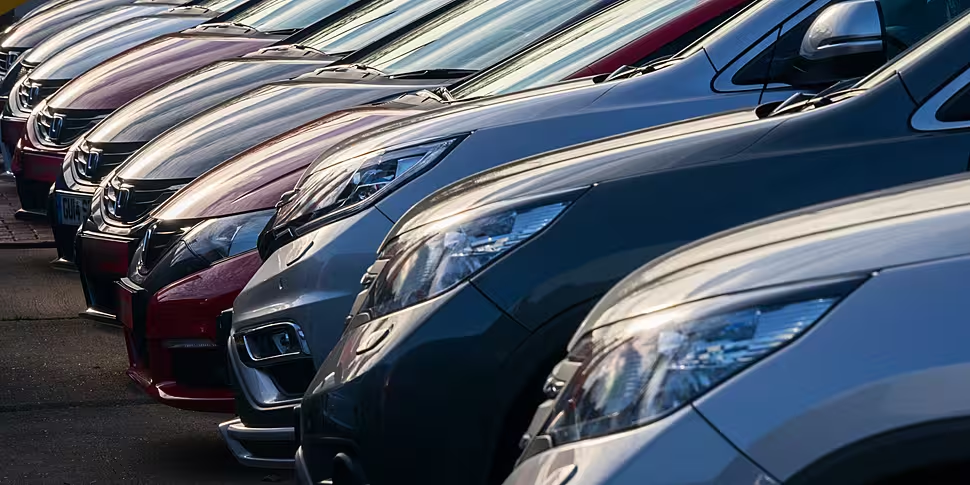Car owners in some parts of the country must now wait up to six months for an NCT.
The Road Safety Authority has cited a pandemic backlog and staffing shortages as the main causes for the delays.
Motoring Journalist Dave Humphreys told The Pat Kenny Show that drivers can expect delays to vary significantly depending on their location and the test centre management.
“We do see that some people are getting tests sooner than what they initially see online", he said. "It may be that you may have to go to not your preferred test centre, but one that’s close by.”
“Not all test centres are the same size, so they can’t all manage the same amount, the same volume of tests going through. But we also hear from the NCT they have difficulty getting staff, people are off for COVID.
Failed tests
In the first half of this year, around 731,000 NCTs were conducted, but 338,000 of those were failed, which means they will have to be retested.
Tires, front suspension, headlights and brake lines were some of the most common causes of fail grades.
Humphreys said the ageing car population has also contributed to the backlog.
"For a lot of people, the NCT is a headache."
"It's something that comes along, they don't really want to think about the mechanical aspect of their car from one end of the year to the other, but it is something that people need to be aware of."
"Things like lights are a safety feature at the end of the day."
Pre-testing
Drivers are urged to check basic features on their car before bringing it to a test centre to reduce the chances of failing.
Humphreys advises motorists to be mindful of their catalytic converter getting clogged, which is particularly common in diesel cars.
"If you've got a diesel car, every couple of weeks get out on the motorway, drive in a gear lower than you would typically drive and that will help get the system up to temperature."
He said that this will help "burn off soot that's built up in the cat".
Drivers should also test their own break lights regularly using a mirror or with the help of a friend.
"They are an essential piece of safety equipment on your car and it's important to have those working properly", said Humphreys.
Main image shows a line of used cars for sale on showroom forecourt. Image: Peter Scholey/Alamy









